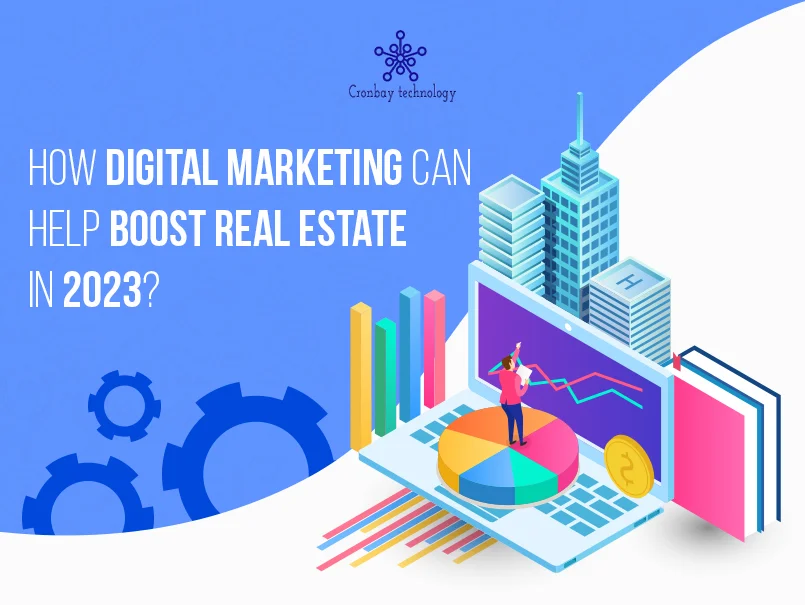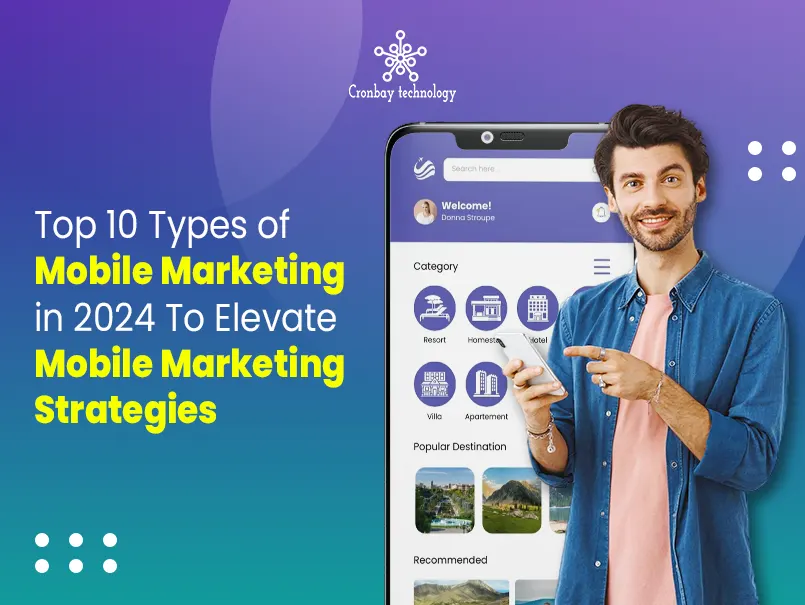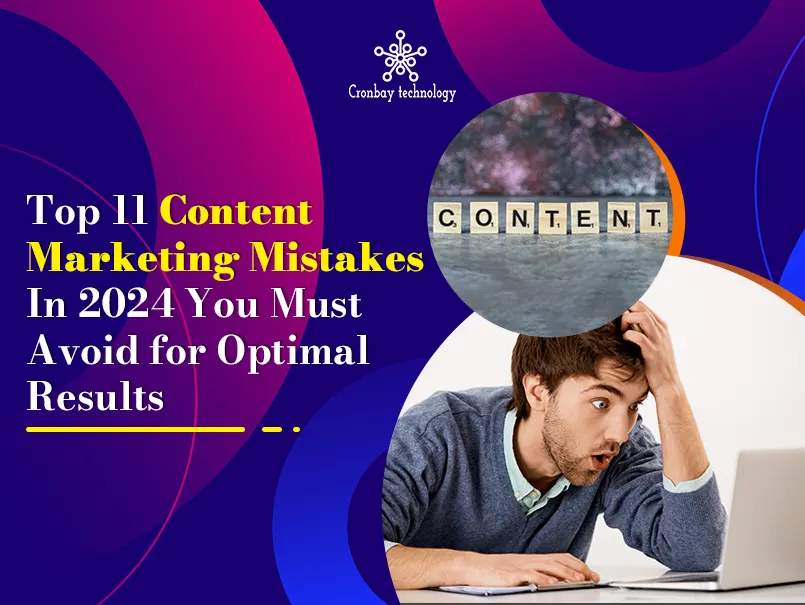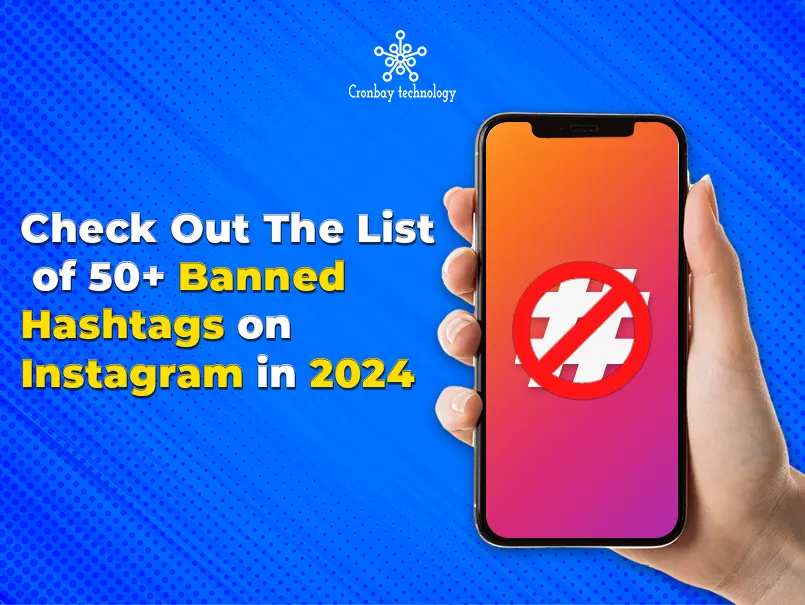The proliferation of online advertising has completely altered how top real estate digital marketing companies function and interact with their customers. Internet and digital technology advancements have allowed businesses to engage with clients on a worldwide scale in a more personable and interactive manner. The scope of digital marketing has grown to include a wide variety of sectors, from healthcare and banking to retail and beyond.
In recent years, online property promotion has emerged as a serious alternative to more conventional forms of advertising. Potential homebuyers and tenants may now see listings and get in touch with real estate brokers using their smartphones and other mobile devices. Those real estate businesses and agents that take advantage of the opportunities presented by digital marketing will have a leg up on the competition.
With the help of digital marketing, real estate businesses and agents are able to more effectively communicate with a sizable number of people, focus on a particular subset of consumers, and utilize data and analytics to guide their choices.
To provide one concrete example, real estate brokers may give prospective buyers and renters a more in-depth look at homes by posting photos and videos on social media. As an added tool, they may advertise online to those who are already interested in buying or renting a home in a certain location.
Adaptation of Digital Marketing in Real Estate — Is It Really Required?
In today's fast-paced digital era, real estate digital marketing agency must adapt to survive. A strong internet presence is increasingly vital for real estate firms and agents to reach their target audience successfully, despite the fact that real estate is primarily a local industry.
You're right that the proliferation of smartphones has made the internet a key means of communication and information for the majority of people. Many real estate deals are initiated by Internet activity, with prospective buyers and tenants doing searches and making contact with brokers. Businesses in the real estate industry who don't have a solid web presence may lose out on potential clients and revenue.
When it comes to digital marketing, it's crucial for real estate organizations and agents to have a firm grasp on their intended audience and mission. When you know who you're trying to reach with your marketing, you can focus your efforts more effectively. Further, they may monitor the results of their advertising initiatives and adjust their approach accordingly using analytics data.
How Real Estate Digital Marketing Can Help Your Business?
There are several ways in which digital marketing can help your real estate business. Let’s discuss a few that are key:
-
Helps build a community
Using digital marketing strategies, real estate businesses and agents may attract a more substantial and active online following via sites like Facebook and Instagram. This may raise consumers' familiarity with the brand, strengthen their faith in the brand, and open up channels of communication and connection with the brand. -
Drives offline traffic to stores
By raising brand recognition and offering easy access to the company's contact information, digital marketing may increase foot traffic in real estate offices, both online and off. -
Builds authority and positive reputation
Real estate businesses and agents may boost their credibility with consumers and position themselves as industry leaders by producing informative material like blog posts and videos. -
Reach Beyond Local
Companies and brokers in the real estate industry may expand outside their local market with the aid of digital marketing. This may help businesses and brokers communicate with customers and tenants in areas remote from their headquarters.
Digital marketing for real estate is an effective strategy for increasing top real estate digital marketing companies or agent's visibility in an online community, generating leads in-person, establishing credibility in the industry, and broadening their client base outside their immediate area.
Real estate digital marketing agency and agents may boost their exposure, reach their target audience, and thrive in the highly competitive real estate sector by adopting and making use of digital marketing and its many tools and tactics.
Starting Your Real Estate Digital Marketing Journey
Starting out in digital marketing for real estate might seem daunting, but with the appropriate mindset and tools, you can make significant progress. Some suggestions for getting going are as follows.
-
A beautiful website that attracts
Digital marketing can't get off the ground without a website. Make an effort to build a website that is both aesthetically pleasing and functional for your target audience. A mobile-friendly website with prominent calls to action is essential in today's competitive online environment.
-
Use SEO to rank on top
Search engine optimization is populating a website with terms that a certain audience is likely to use when searching for a company like yours. Because of this, prospective buyers and tenants will have an easier time finding your website in search engine results.
-
Optimize social media
Think carefully about which social media sites would be best for your company and target customers. Establish yourself as a go-to real estate resource by actively engaging with your audience and producing frequent, high-quality material like photos and videos of available homes. Create and distribute property-focused short videos on sites like Reels and YouTube to reap the benefits of video.
-
Run ads for maximum reach
You may contact people who are looking to purchase or rent a home in your region right now by placing targeted internet advertising. Facebook, Google, and LinkedIn are just a few of the ad networks that provide precise targeting so that your messages go to the right individuals at the right time.
Final Thoughts
To sum up, digital marketing's prominence in the real estate sector is a result of the many chances it presents for businesses and agents to connect with buyers and sellers. Real estate digital marketing agency and agents may boost their exposure, reach their target audience, and accomplish their marketing objectives by establishing a beautiful website, optimizing for search engines, utilizing social media to create a community, running targeted advertisements, and measuring results.
Real estate organizations and agents may compete in the digital world and survive in the real estate sector with a clear strategy, a focus on the correct platforms, and a willingness to evolve and adapt as necessary. It’s time you choose a trusted real estate digital marketing agency to help you flourish your business.
Frequently Asked Questions
Q1. What is real estate digital marketing?
Ans. The term "real estate digital marketing" describes the process of promoting and selling real estate via the use of digital technologies including websites, social media, search engines, and online advertising. The purpose of digital marketing for real estate is to broaden the audience's familiarity with the brand, strengthen the reputation, and ultimately generate more interest in the property, whether it be for purchase or rental.
Q2. How to decide the budget for real estate digital marketing?
Ans. Consider your marketing objectives, your intended audience, and the level of competition in the market before settling on a digital marketing budget for your real estate business. Start by setting aside a certain amount of money for digital marketing, and then use that money to promote your business in the ways that are most likely to get you noticed by your ideal customers and help you accomplish your objectives.
Q3. Will digital marketing help your real estate business?
Ans. Using digital marketing, you can expand your real estate company's reach, connect with your ideal clients, raise your brand's profile, and generate more leads and sales. It is essential to have a plan and focus your efforts on the channels that will provide you the most return in terms of exposure to your target demographic and the achievement of your marketing objectives.





